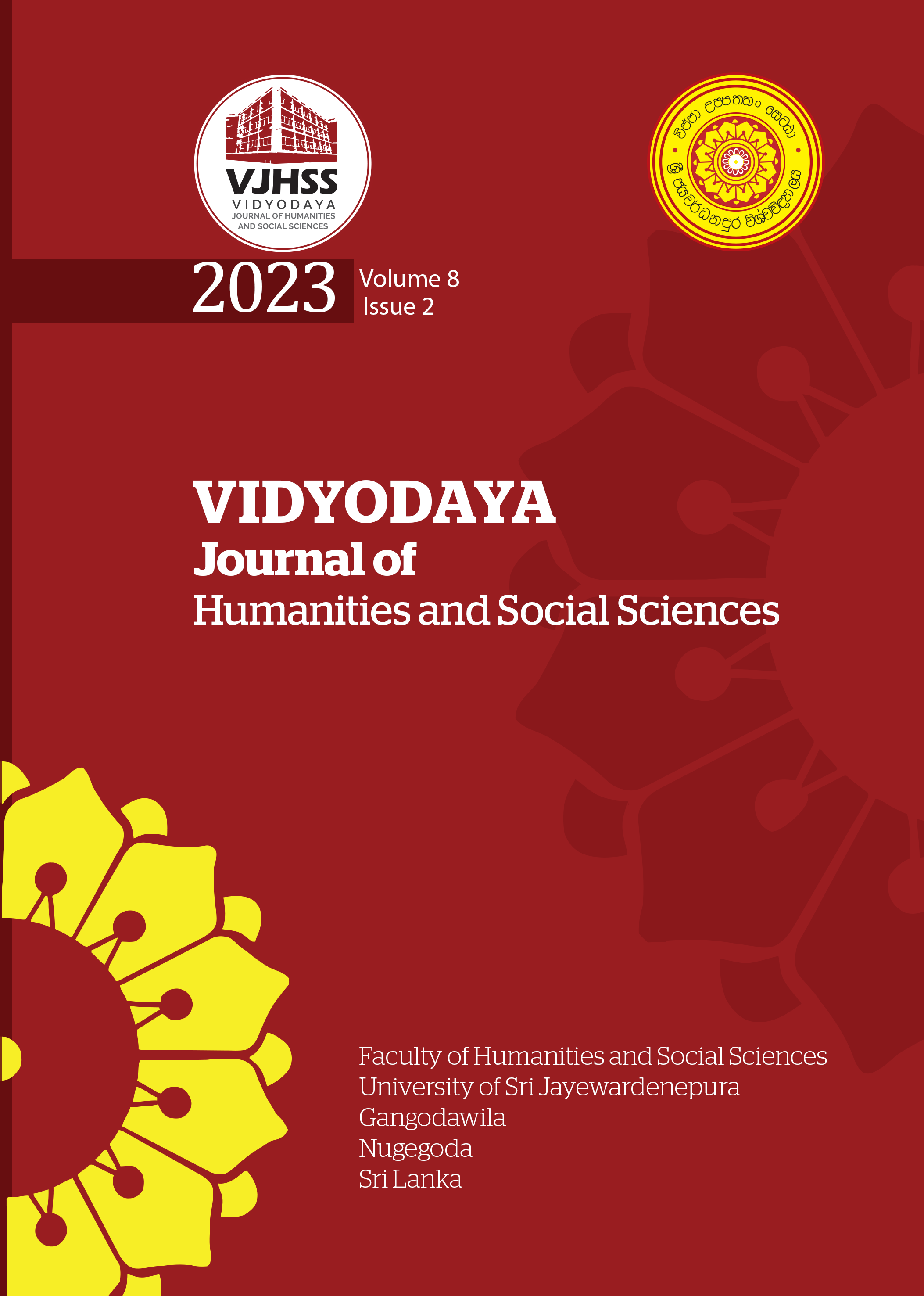Impact of Rubber Farming on the Socio-Economic Status of Households of Smallholders: A Descriptive Analysis
Abstract
Rubber farming in Moneragala District has been introduced to enhance the socio-economic status of households of smallholders. Four focus group discussions and six qualitative case studies were conducted to assess the impact of rubber farming on their household level in 2020. Rubber smallholders were selected for the focus group discussions, using stratified random sampling technique and each discussion was comprised of twelve rubber smallholders. Data was collected using interview criteria which was developed and evaluated prior to its use with the expert team. The rubber smallholders were asked a series of semi-structured questions according to the interview guide by the researcher until theoretical saturation is obtained. Then a set of codes and categories were developed according to the grounded theory approach. Qualitative case studies were carried out with six rubber smallholders who were randomly selected from different land categories. A structured direct interview schedule was used in gathering data from rubber smallholders according to eleven criteria which were developed in collaboration with the expert team. It was highlighted that continuous household income from rubber farming has contributed to meet the expenses of education of children, medicine, food, purchasing agricultural and non-agricultural vehicles and renovation of living house with sustainable household income and regional development in Moneragala. In addition, it has generated new employment opportunities and new source of income for other labourers. Hence, expansion of rubber farming into non-traditional rubber growing areas in the country can be recommended in order to improve the socio-economic status of smallholders.



